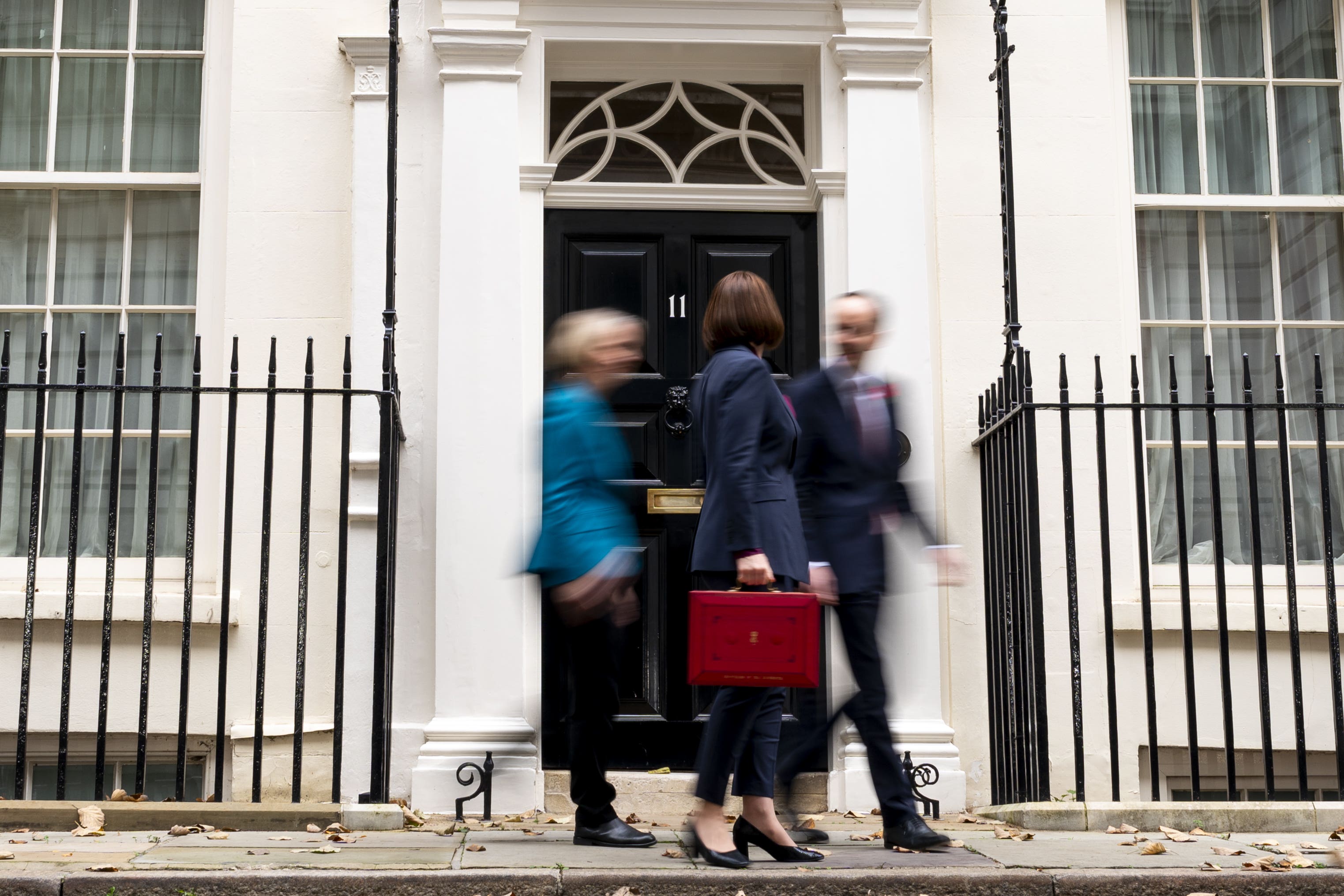Pensions to be brought into inheritance tax scope, says Reeves
The Chancellor said pensions passed on would be included in the levy, closing a ‘loophole’ in passing on wealth when someone dies.

Pensions that are passed on when somebody dies will be taxed similarly to other inherited assets in future, the Government said.
Chancellor Rachel Reeves said she will close the “loophole” around inherited pensions by bringing them under the inheritance tax (IHT) regime from April 2027.
Pensions are currently exempt from IHT and are not included as part of someone’s estate when they die.
Critics have said the policy has led to people using pensions as a tax planning vehicle to transfer wealth rather than their original purpose to fund retirement.
Ms Reeves said the reform, combined with tweaks to tax relief around inherited agricultural and business property, would raise £2 billion in total.
Helen Morrissey, head of retirement analysis at Hargreaves Lansdown, said the policy has “long been considered low hanging fruit for a government in search of cash”.
She said many more people will be “dragged into paying inheritance tax” because pensions are counted as part of their estate.
Ms Morrissey added that a “flurry of people” will revisit how they want to treat their finances in retirement, with more looking to gift more money to loved ones while they are still alive.
Russell Miles, of wealth management firm Charles Stanley, said the policy could mean previously passive money would “now be spent, circulating a considerable amount of ‘dead’ capital in the broader economy”.
However, Ms Reeves said thresholds for paying inheritance tax would stay at their current levels until April 2030.
Inheritance tax is charged at 40%, and applies to the property, possessions and money of someone who has died above the threshold of £325,000.
I understand the strongly held desire to pass down savings to children and grandchildren. So I am taking a balanced approach in my package today
Reports had suggested Labour would make changes to how inherited assets are taxed, leading to speculation that the main rate or threshold could rise.
The freeze means more than 90% of estates will be exempt over the coming years.
The Chancellor said: “I understand the strongly held desire to pass down savings to children and grandchildren.
“So I am taking a balanced approach in my package today.”
Separately, Ms Reeves confirmed that Labour will maintain the so-called triple lock on pensions.
The policy means that the state pension goes up each year by either 2.5%, the rate of inflation, or earnings growth – whichever is highest.
It means Government spending on the state pension is forecast to rise by more than £31 billion by 2029-30, Ms Reeves said.
Bookmark popover
Removed from bookmarks